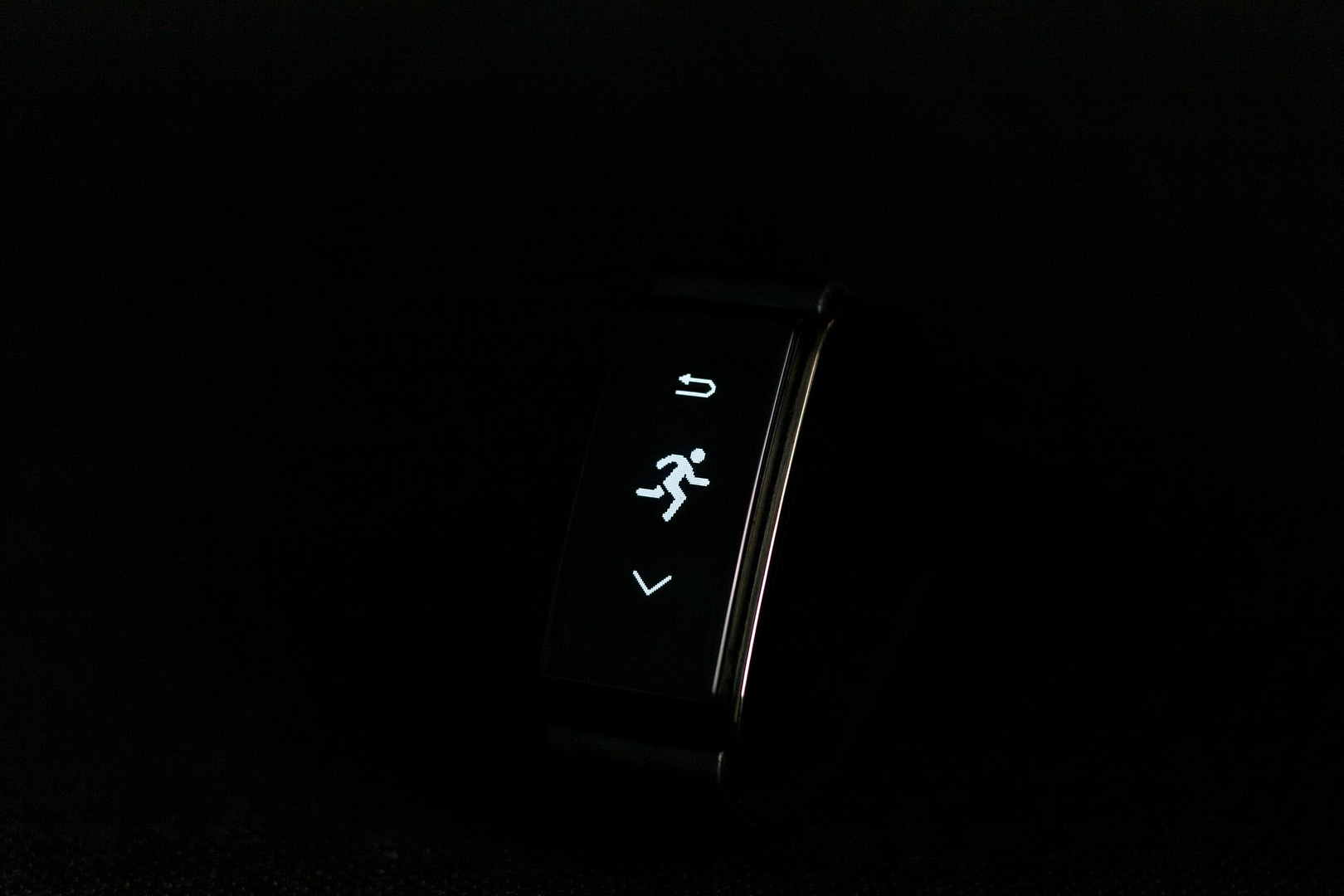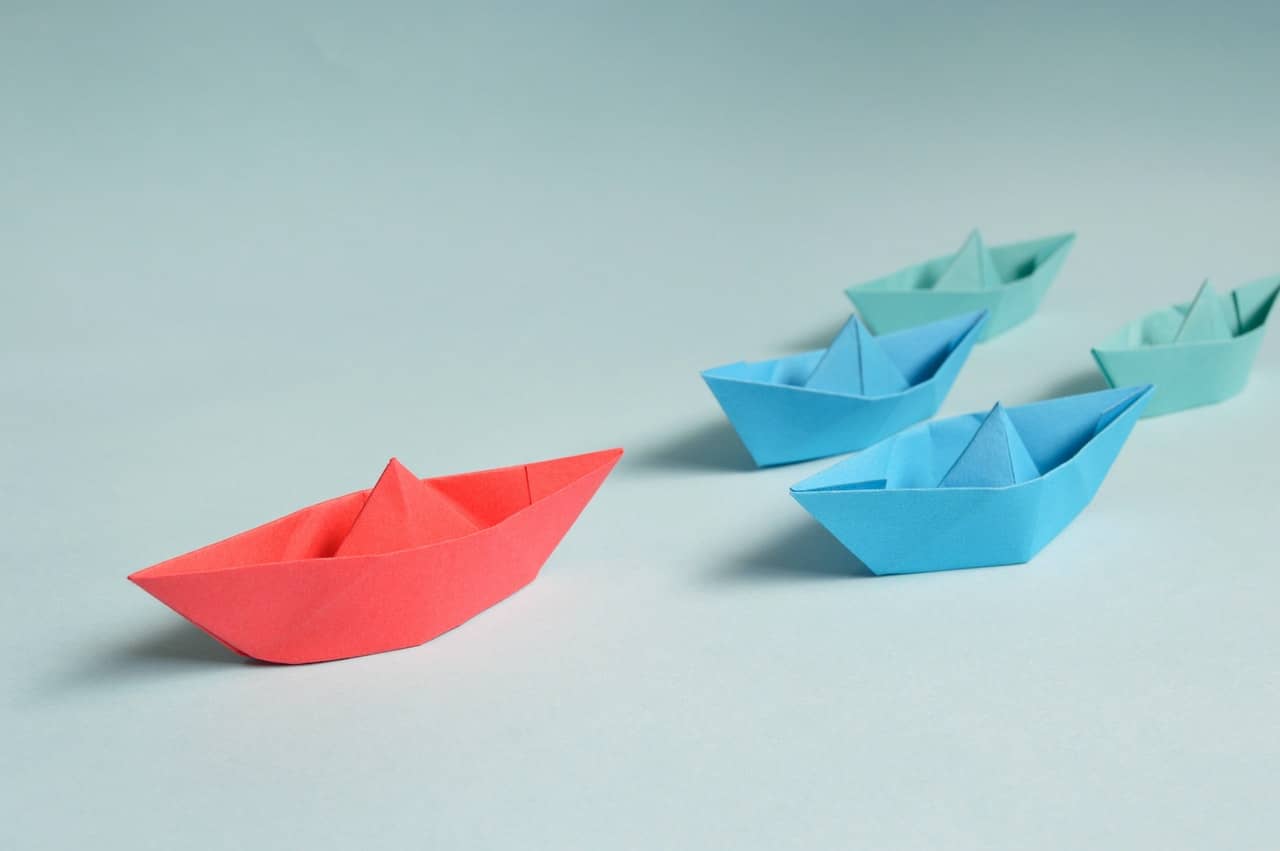We want to move ahead, adopt new technologies and practices to transcend in our evolving world. Machines and technology have been in place to make our lives simpler. So simple that you don’t need to exert an additional muscle to get things done. Everything at the click of a button or a simple voice command. It seems like an autopilot mode is running our lives. Quite convenient, but even that’s getting tiring. Why? Aren’t machines and tech built to uncomplicate our existence? Why are we then trending towards options that involve effort? Or rather, stepping into a reverse cycle?
We have a plethora of movies that show how the world will be taken over by machines and robots. As fascinating and apocalyptic as it may seem, it’s not real, however, machines of a different kind (the cuter kind) are probably taking over. With home-controlling devices, everything is getting automated, giving us more time at hand. It supposedly makes life simpler and everyone is adopting it at a quick pace. But, automation means the reins of control are minimized. Then comes the standard privacy issues. Sensitive, private information is jeopardized and well, we are not happy. So, could that be a factor for us to forgo new adoption? Probably, yes. But, not a deal breaker. We need to dwell deeper.
Excitement is at its peak when something new emerges. Everyone falls in their respective categories of product (or service, practice) adoption criteria, and eventually, everyone adopts it one way or another. Like the bell curve of a product cycle, enthusiasm also tips. Reasons could be plenty but that’s how it is. Absolutely normal. But, the fascinating thing today is how we get off the bell curve, take a U-turn and adopt older devices, methods and practices. A route to simplicity.
In this day, where our smartphones are everything, haven’t we wished (at least once) to know how it would feel to own those old phones again? (The ones where you could only make calls). It’s a common thought. Or, think of gadgets. You have one for every need. A humble watch has been modified to a ‘smart’ one. It’s not just about time anymore. It’s a freaky health monitor whose stats are not so vital for an everyday life. No doubt, it’s a great device to flag health issues but it comes with a whole load of anxiety triggers, for the not-so-fit ones. How about those weighing scales? The ones that were supposed to indicate a gain or loss of weight are now equipped with your body composition starts. Tells you exactly how much fat, muscle, calcium, water you have (plus many more things you didn’t know existed). Great stats for trained athletes and bodybuilders, but for the others it’s a nightmare, especially, when you are trying to lose weight. Your clothes will be calculated as body fat, so will your constipated poop. Now, that’s not very motivating.
‘Digital readers vs physical books’ are excellent conversation starters. E-books technology has revolutionized the reading market, and so has debates around it. It’s a great device and avid book readers own it, but these same readers have not completely foregone physical books. They mostly use both. This is a classic example of how technology has not been able to obliterate old formats. It never will.
Let’s talk about the diet market. Majority of the people you meet want to diet. It’s just that we don’t know the right way to do it, unless you have a trained professional to guide you. Many experiment with new fads and methods because that’s what the whole world talks about. Let’s take Indian food for example. If done right, Indian cuisine can be an extremely healthy and balanced diet. Yet, somehow we are influenced by our western counterparts to achieve a good diet through their methods. Hence, practices change (through influence). While many are re-discovering this, many may take that U- turn a little later in their lives.
It all comes down to sustenance and survivability. What is the minimum required to get by? That’s all that matters. Even though we choose convenience at various stages of our life, (many convenient methods being absolute life-savers) we simply get bogged down with pointless new tech or new methodologies. We are easily fatigued by over-consumption of products that we wish we could go back to simpler times. Go back to simplicity where you have full control; probably, realize that all new things we practice today are not indispensable. It’s absolutely ok to step back. It’s never too late to put that indicator to take that U-turn.




Very good thoughts